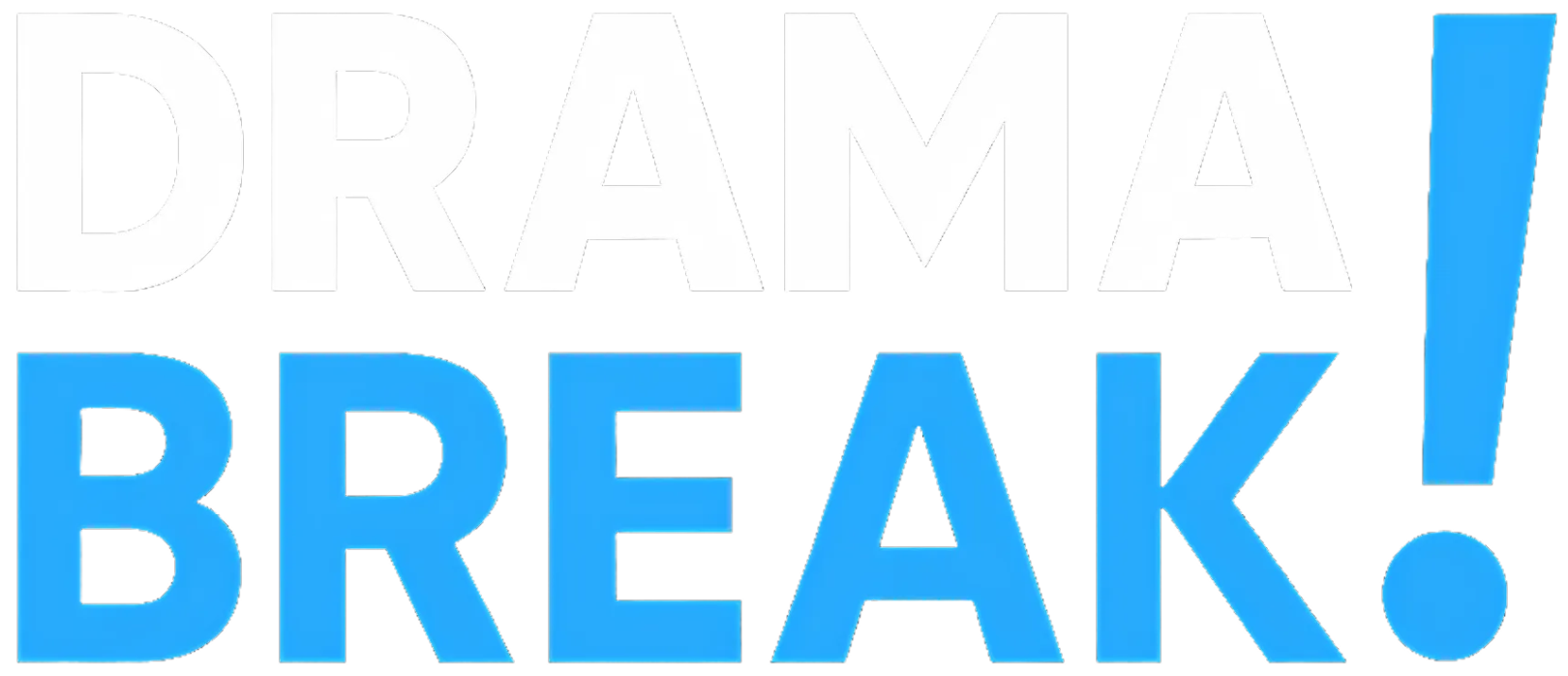A California physicist and Nobel laureate who laid the muse for quantum computing isn’t finished working.
For the final 40 years, John Martinis has labored — largely inside California — to create the quickest computer systems ever constructed.
“It’s type of my skilled dream to do that by the point I’m actually too outdated to retire. I ought to retire now, however I’m not doing that,” the now 67-year-old stated.
Born and raised in San Pedro, Martinis stated his California highschool academics influenced him to pursue his profession. A physics trainer obtained him within the subject, he stated, and a math trainer taught him rigor, work ethic and group.
“I feel earlier than then I’d simply write down the answer” fairly than displaying his course of, he joked in an interview with The Instances.
As an undergraduate senior at UC Berkeley within the Nineteen Eighties, he met John Clarke, a British physicist and professor who would turn out to be his graduate advisor and Michel Devoret, a French physicist who labored with him as a postdoctoral researcher.
John Clarke, proper, a professor emeritus of physics, seems on throughout a celebration at UC Berkeley on Oct. 7, 2025, after he and fellow physicists Michel Devoret and John Martinis had been awarded the 2025 Nobel Prize in physics for his or her work on quantum tunneling.
(Justin Sullivan / Getty Photos)
“This was a implausible expertise, to be mentored by two fantastic individuals,” he stated throughout a information convention Tuesday at UC Santa Barbara, the place he works as a professor. “I realized a lot from them that, by means of my entire profession, I used to be type of attempting to re-create that spirit that we had in there.”
Martinis was awarded the 2025 Nobel Prize in physics, alongside Clarke and Devoret, for his doctoral mission, a sequence of experiments within the mid-Nineteen Eighties that proved quantum tunneling was doable with giant objects, which grew to become the premise for the event of quantum computer systems in addition to a lot of the present analysis in that area.
Each Clarke and Devoret are based mostly within the U.S. and related to the College of California system — Clarke as a professor emeritus at Berkeley and Devoret as a professor at UC Santa Barbara.
“I beloved Berkeley. It was nice to be taught by these actually wonderful professors,” Martinis stated, noting the college’s cutting-edge amenities that supported the experiments. “As a pupil, I may deal with simply being a very good scientist.”
Martinis went on to do a postdoctoral fellowship in France, then returned stateside to Boulder, Colo., the place he labored on the Nationwide Institute of Requirements and Know-how, a U.S. authorities lab. In 2008 he moved again to California to work at UC Santa Barbara as a professor, and in 2014, Google employed him and Devoret to create an experimental quantum processor quicker than any human supercomputer — which his crew accomplished 5 years later.
“It actually was all this fundamental analysis we did for many years that enabled this to occur and enabled us to have a imaginative and prescient … to construct this factor,” Martinis stated.
He selected UC Santa Barbara as a office not simply due to the nice location and climate, but additionally for its superior amenities and neighborhood. Researchers from different disciplines — comparable to engineers and supplies scientists who construct semiconductors — are capable of freely talk and collaborate together with his crew.
“Working with gifted and pleasant individuals on the college is absolutely particular,” he stated. “You possibly can truly get issues finished.”
Martinis stated he has loved listening to again from former college students who’ve reached out to rejoice his award. Talking to college students years after they take his courses and grasp the impact on their lives has been refreshing. His work through the years has spawned an business that created hundreds of well-paying jobs for individuals throughout the nation, he stated.
He praised the UC system for its tradition and collaboration with the non-public sector and authorities, however stated that analysis and growth for quantum computer systems within the U.S. should urgently velocity up if we anticipate to see it in our lifetimes.
After leaving Google in 2020, Martinis co-founded his non-public firm, QoLab, in 2022 with a perception that superior semiconductor chips are the trail to reaching usable quantum computer systems. The corporate has begun collaborating with different startup corporations and tutorial teams concerned in semiconductor manufacturing, he stated.
“I feel this collaborative mannequin goes to be extra fruitful as a result of we actually get numerous attention-grabbing concepts,” Martinis stated. “We now have so much to compensate for. Nevertheless it’s an excellent ambiance to invent issues.”

